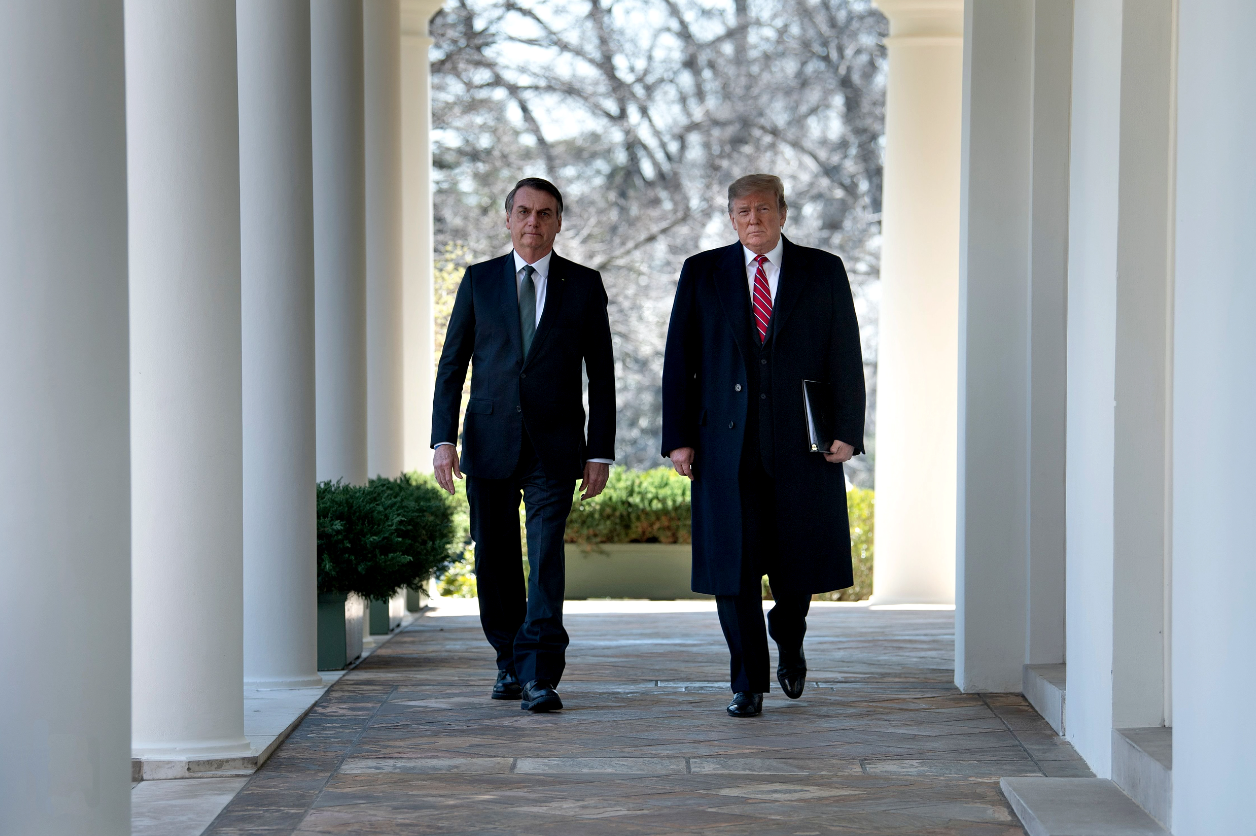The anticipated U.S. midterm elections were a surprise to many, but also a confirmation of a common history shared by fascists and populists. The surprise was that, contrary to expectations of an outright victory for Republican Trumpism, President Biden’s Democrats were able to maintain the majority in the Senate and won governorships and legislatures that were essential to maintaining legality in the 2024 presidential election. Confirmation of the historical trend is that lies and propaganda have an expiration date. Specifically, most of Donald Trump’s hand-picked candidates who were characterized by their denialism about Biden’s 2020 victory were defeated. Both, surprise and confirmation, are related.
As was the case in Brazil, the campaign dominated by lies and misinformation was rejected by the majority of citizens. As in Brazil, the reality of a democracy threatened by extremists was decisive in convincing U.S. voters to defend democracy, even if many of these voters were not necessarily close to the winners in economic or social terms, but shared the need to defend its institutions.
The lessons for Trump and Bolsonaro, the great losers of this decade, are clear. When populists are in power it is increasingly difficult to impose lies over time. Thus, the catastrophic reality of their actions—the denial of Covid-19 and the management of vaccines, coups or the threat to carry them out, mafia acts and conspiracy theories fostered by racism, hatred of the different and xenophobia—denies these lies and eventually makes them more evident.
The history of fascist lies confirms the same situation. Dictators like Adolf Hitler and Benito Mussolini lied about enemies and wars, exterminations, genocides and imperialisms to the point that total defeat revealed them as naked emperors who destroyed their countries and were abandoned by the majority of their followers.
Different is the case of liars in the opposition, which does not have to distort the reality of their actions, but only do so with respect to those in government. The worrying triumph of Giorgia Meloni in Italy, the concerning results of the extreme right-wing populists in Sweden, or the continuous attempts to deform reality by the Trumpists in Argentina or Chile are examples of the latter situation.
In the U.S., although Trump’s Republicans are no longer in power, the memory of Trumpism is still fresh and strong. Trump’s constant presence in the country’s politics and the anti-abortion decisions of a far-right court consolidated by the sameTrump, were realities too evident to absolutely ignore or distort.
Although the Republicans kept the majority in the House of Representatives and the extremist Ron De Santis—a former disciple of Trump and now possible challenger—won the Florida governorship, we can speak in general of a defeat of Trumpism and his propaganda. It is worth thinking about some lessons that the defeat of aspiring fascists such as Trump and Bolsonaro leaves us.
First, fascist lies and propaganda can be stopped and defeated with real information about the crises and deaths these leaders generate. In the long run, reality trumps the aspiring fascists. In addition, legal institutions and independent courts are key to stopping slow-motion coups as happened in Brazil with the attempted voter suppression through police blockades on major routes, and as in the case of Republican officials in Arizona who enforced the legality of the polls.
Another lesson is that voters must vote. The U.S. gives us the hope of younger generations that go out to defend democracy by voting. Without them, Trumpism would have won. Also, broad coalitions, whether in the center, right and left of the political spectrum, must be created and supported to confront those who want to destroy democracy. The bottom line is that the history of anti-fascist coalitions that defeated fascism must be remembered. That is what Lula’s candidacy in Brazil and the recent Democratic victory in the United States represented.
Authoritarian leaders should be prosecuted for their illegal acts, as happened in Argentina in 1985 with the leaders of the dictatorship. On this point, much remains to be done in both Brazil and the US.
It is also important that those who want to leave behind their identification with the cult of the messianic leader, have to be reached out through independent media. We must be vigilant in constantly defending democracy, for these victories are battles in a long-running contest. We must understand that the anti-democratic actors without legal scruples are still out there and that it is vitally important not to lower our guard against the totalitarian challenge they represent. Trumpism and its global minions are here to stay.
*Translated from Spanish by Ricardo Aceves













